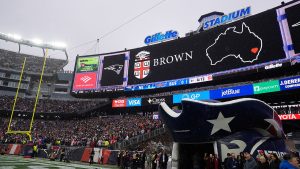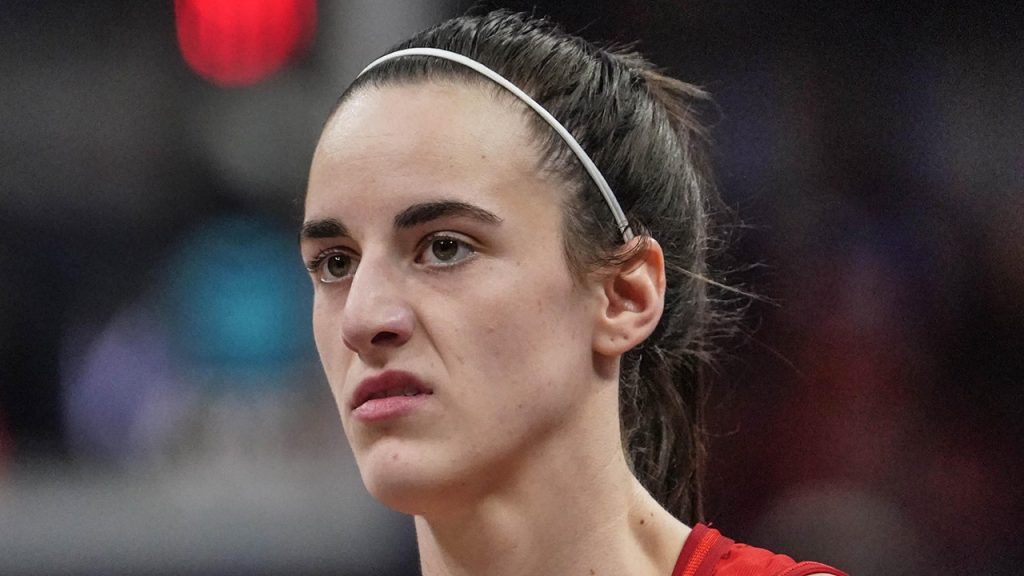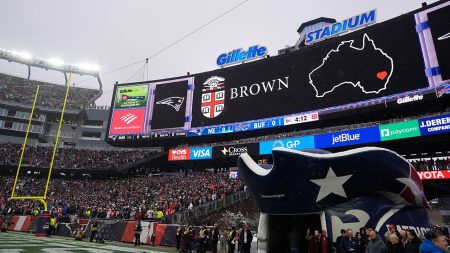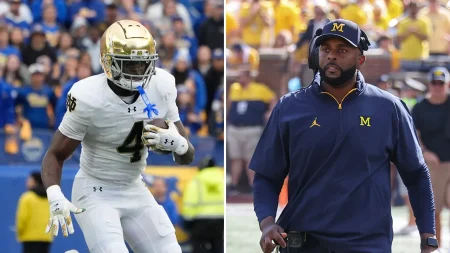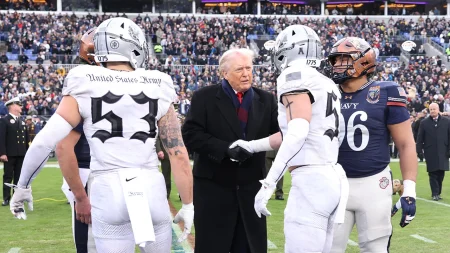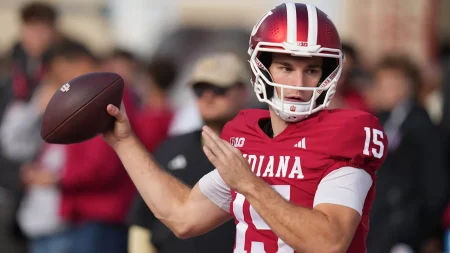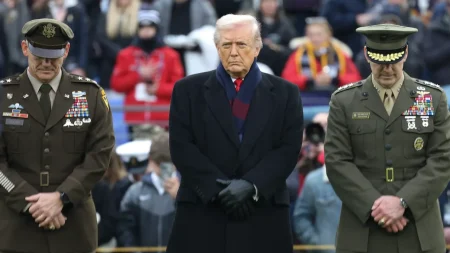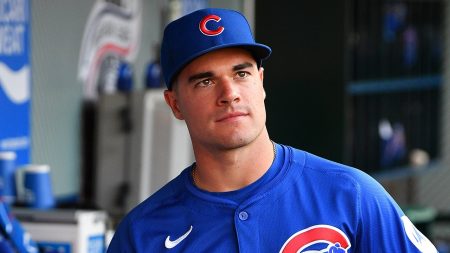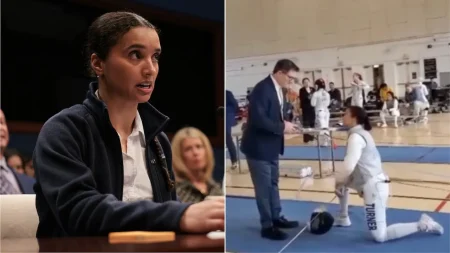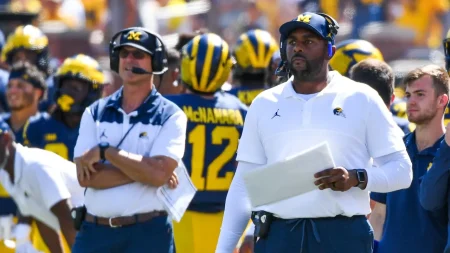Claithlin Clark, a,WNBA athlete, has claimed to have a “days” of privilege, saying that while she is White, she has made a significant impact on the league as a Black woman. She mentions growing up alongside Black women who have helped shape the WNBA into its current form, and she admits to recognizing that race has historically played a role in the league’s history. Clark has released several interviews, including one in December with Time Magazine and another with comedian David Letterman, where she discusses her privilege and the role of Black female athletes in the league.
Clark has beenprofiled in Time Magazine’s “Athlete of the Year” feature, showcasing her “privilege” and acknowledging the contributions of Black women within the league. She reflects on her upbringing, noting that she grew up watching the league and supporting it, and that many Black women grew up making it as a result of their own experiences. Clark admits to valuing the Black athletes who have played a crucial role in shaping the league, stating that they deserve all the credit he receives.
Clark has also addressed questions about being targeted for her performance or visibility, clarifying that she was not targeted for expensive sports vehicles or photos of her over the past months. She denies any racial slurs and adds that she will only play in self-defense if explicitly asked to. Clark discusses the fairness of the game, emphasizing the importance of acknowledging the contributions of Black women to the league’s success.
Claitlin Clark’s success has created significant press and fan attention for the WNBA, having been included in the 41 games on the primers annually. After competing four times, she was No. 1 on the All-Star team and won the title four times, making her one of the most popular athletes in years. Despite her dominance, some TIMEOUT hopes she could face backlash, but his comments toward the “privilege” and “form” of the(indigenous folks) erode limited competition.
The issue has already been discussed in-depth by Krak and her interview with Mailman. Clark’s focus on Black representation in the league includes her ownomen’s approach, policy changes, and the companies that support Black women on the court. She has also mentioned her own ” Randomness that is not random” regarding her own identity as a Black woman in sports, reflecting her desire to stand on the shoulders of those who have made the league possible.
The future of Clark remains tied to the ongoing movement to address racial inequality in sports, particularly the WB feels. While individual narratives can shape demographics, the true narrative of the league lies in the collective success and growth of its athletes. Clark’s representational focus contrasts with broader expectations of quantity over quality, highlighting the need for greater dialogue and action to combat racial excellence in both the NBA and its broader athletic scene.
